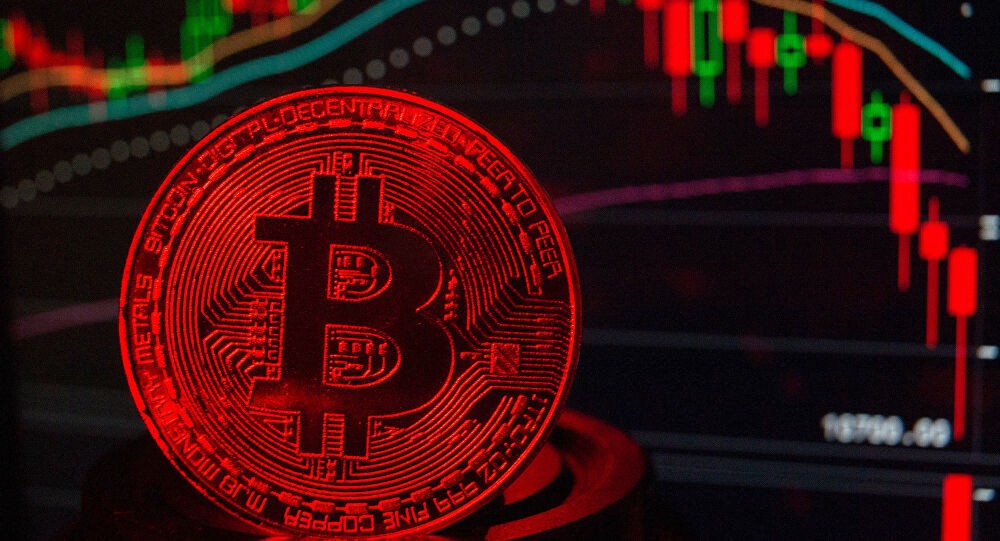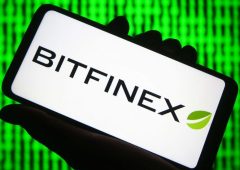Galaxy Digital Issues Warning on Bitcoin’s Layer-2
06.08.2024 10:00 1 min. read Alexander Stefanov
Galaxy Digital is warning that Bitcoin layer-2 solutions might face significant financial challenges due to increased transaction fees.
In a recent research update, the firm highlighted that Bitcoin’s blocks—where data is stored and encrypted—are becoming overcrowded due to high demand.
Galaxy Digital forecasts that layer-2 projects, known as rollups, will likely encounter higher costs for block inclusion as competition intensifies. This could push transaction fees to levels that may become prohibitively expensive for some users, particularly rollups.
The firm’s analysis suggests that Bitcoin layer-2 projects could end up spending millions annually to secure blockspace. Their model assumes that a rollup’s zk-proof and state changes amount to 400KB per 730 blocks (about a month). If transaction fees rise to 50 sats per byte, the monthly cost for a rollup would reach $2.3 million, translating to roughly $27.6 million per year.
Currently, Bitcoin transactions are averaging about 2 sats per byte, according to Mesmerdata. Galaxy Digital warns that rollups failing to manage these costs effectively might deplete their funds and face bankruptcy.
The report concludes that while the high costs may not eliminate all rollups, they will likely limit the market to only a few survivors. Projects unable to justify the expense of posting to Bitcoin risk exhausting their resources.
-
1
Bitcoin on a Path to $1 Million as Wall Street Embraces Digital Gold – Mike Novogratz
14.06.2025 19:00 1 min. read -
2
Bitcoin Pauses Below $110K as Analysts Eye Consolidation Phase
15.06.2025 20:00 1 min. read -
3
Bank of America Compares Bitcoin to History’s Most Disruptive Inventions
17.06.2025 14:00 1 min. read -
4
Here is What to Expect From Bitcoin by End of 2025
17.06.2025 19:00 2 min. read -
5
Michael Saylor Urges Apple to Buy Bitcoin
11.06.2025 9:00 1 min. read
Why Bitcoin Is Stuck Despite Wall Street Demand
Charles Edwards, founder and CEO of Capriole Investments, has offered a fresh perspective on Bitcoin’s stalled price movement near the $100,000 mark, despite growing institutional enthusiasm.
Metaplanet Now Holds 13,350 BTC Worth $1.4 Billion
Metaplanet has expanded its Bitcoin treasury with a new acquisition of 1,005 BTC valued at approximately $108.1 million, further cementing its status as one of the largest corporate holders of the digital asset.
Bitcoin Averages 37% Rebound After Crises, Binance Research Finds
Despite common fears that global crises spell disaster for crypto markets, new data from Binance Research suggests the opposite may be true — at least for Bitcoin.
Bitcoin Mining Faces Profit Crunch, But No Panic Selling
A new report by crypto analytics firm Alphractal reveals that Bitcoin miners are facing some of the lowest profitability levels in over a decade — yet have shown little sign of capitulation.
-
1
Bitcoin on a Path to $1 Million as Wall Street Embraces Digital Gold – Mike Novogratz
14.06.2025 19:00 1 min. read -
2
Bitcoin Pauses Below $110K as Analysts Eye Consolidation Phase
15.06.2025 20:00 1 min. read -
3
Bank of America Compares Bitcoin to History’s Most Disruptive Inventions
17.06.2025 14:00 1 min. read -
4
Here is What to Expect From Bitcoin by End of 2025
17.06.2025 19:00 2 min. read -
5
Michael Saylor Urges Apple to Buy Bitcoin
11.06.2025 9:00 1 min. read


